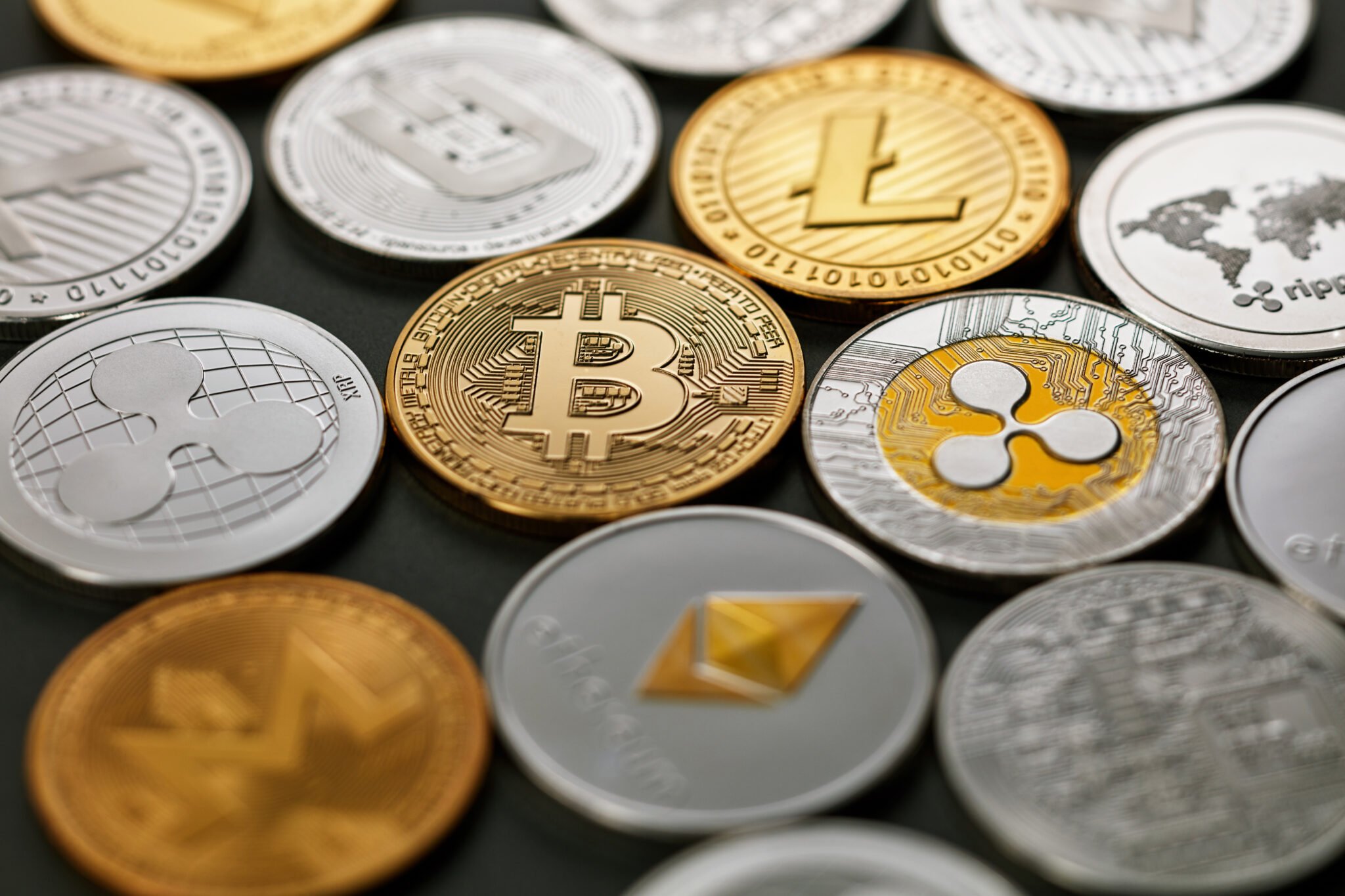
In the Philippines, cryptos are increasingly of interest to large institutions. Recently, Binance, the nation’s largest digital asset exchange, attended a Senate hearing in which government institutions took part. Together, they discussed the policies and guidelines to be adopted regarding digital assets in the country. In this context, some universities will provide to students cryptocurrency courses.
The importance of financial education
The Philippine Senate has been a place of exchange for the great institutions of the country. The Securities and Exchange Commission (SEC), the central bank Bangko Sentral Pilipinas (BSP) and the Cagayan Economic Zone Authority (CEZA), and of course Binance took part. The Fintech Alliance Philippines, a crypto advocacy group in the region, also participated in the hearing.
According to the country’s Managing Director of Binance, Kenneth Stern, the Philippines has all the means to succeed in making cryptos the mainstay of its economy. “We strongly believe that the cryptocurrency industry can greatly benefit the Filipino people, addressing the need for financial inclusion through digitalization,” pointed out the director.
To achieve the defined goals, Binance has already entered into a partnership with universities and professional groups to give free blockchain courses and on cryptos like bitcoin (BTC). For good reason, at the end of the hearing, it was held that access to financial education constitutes the basis for the construction of a framework to facilitate the integration of digital assets into the habits of Filipinos.
“78% of Filipinos still do not have a bank account, but cryptocurrency can help decrease this number, as holders of digital assets will soon exceed the number of credit card holders in the country,” said Mr. Stern during the hearing.
Ensuring security in the crypto sector
Apart from financial education, the issue of consumer protection was also discussed during the hearing. In this regard, the deputy governor of the BSP explained that the central bank does not wish to hinder the growth of the cryptocurrency ecosystem. On the contrary, it wants to gain the trust of consumers. Therefore, even if it takes financial education, it will not be enough.
The institutions brought together at the hearing considered that the establishment of a mechanism for ensure growth and innovation in the digital asset sector would be indispensable. Furthermore, a secure framework should also be established within the digital economy.
In order to allow as many Filipinos as possible to have easy access to a good financial education on cryptocurrencies, universities will give courses on blockchain and digital assets. But financial education is not the only point on which the country’s authorities insist. They also want to create a secure framework for the benefit of future users.
Receive a summary of news in the world of cryptocurrencies by subscribing to our new daily and weekly newsletter service so you don’t miss any of the essential Tremplin.io!






